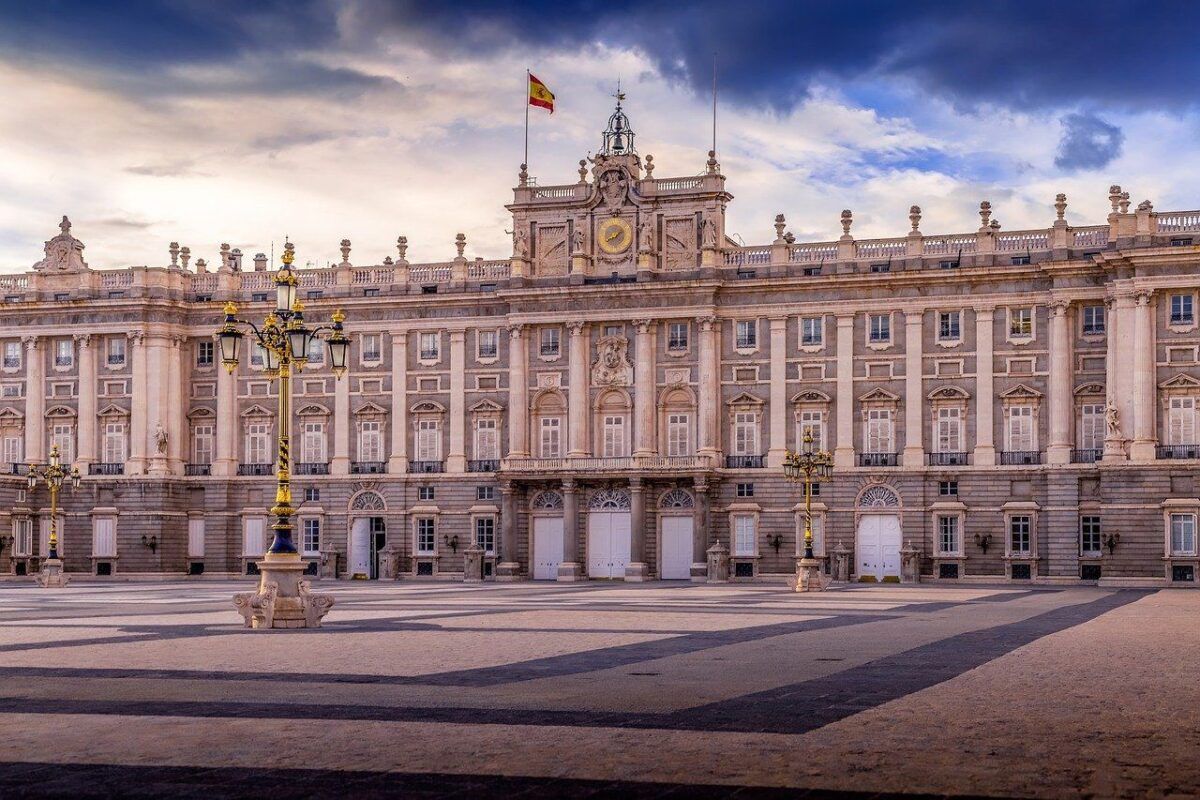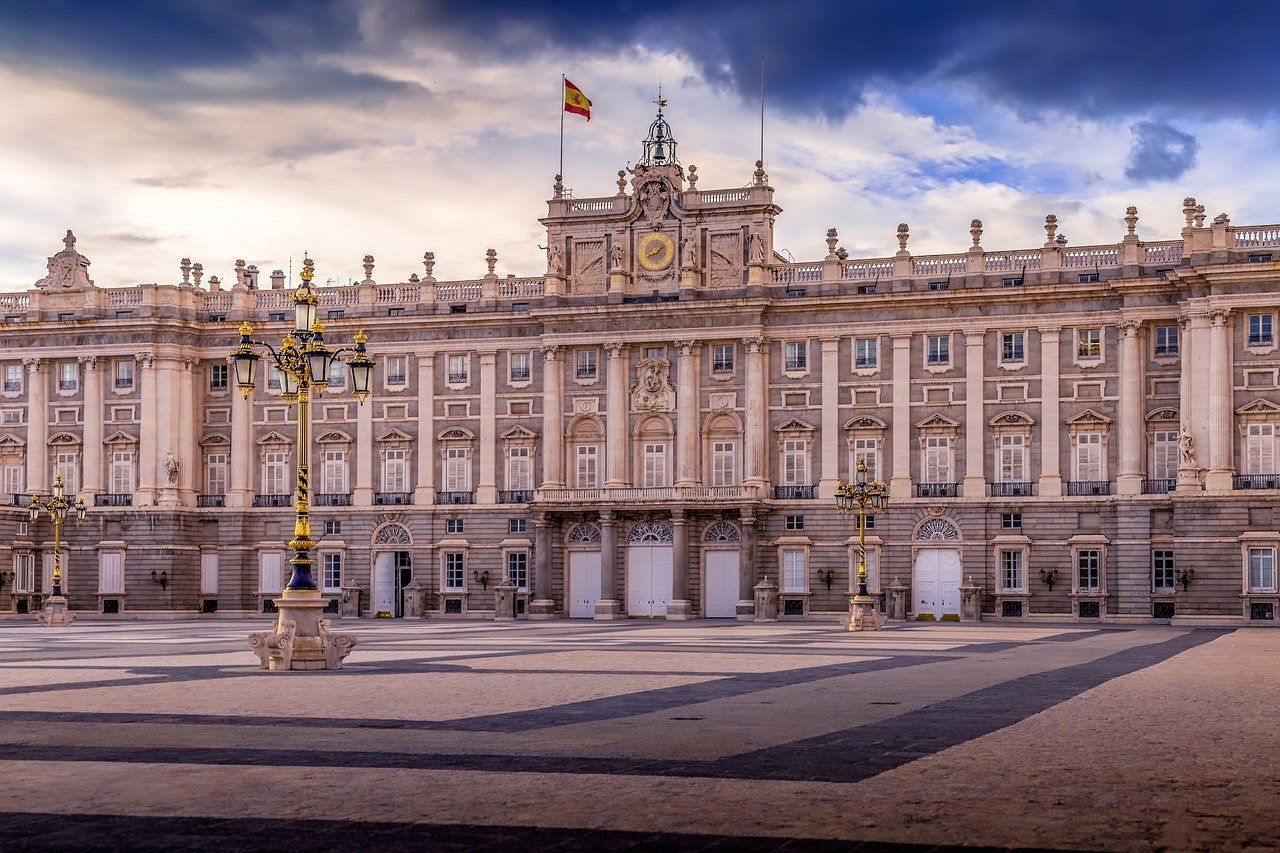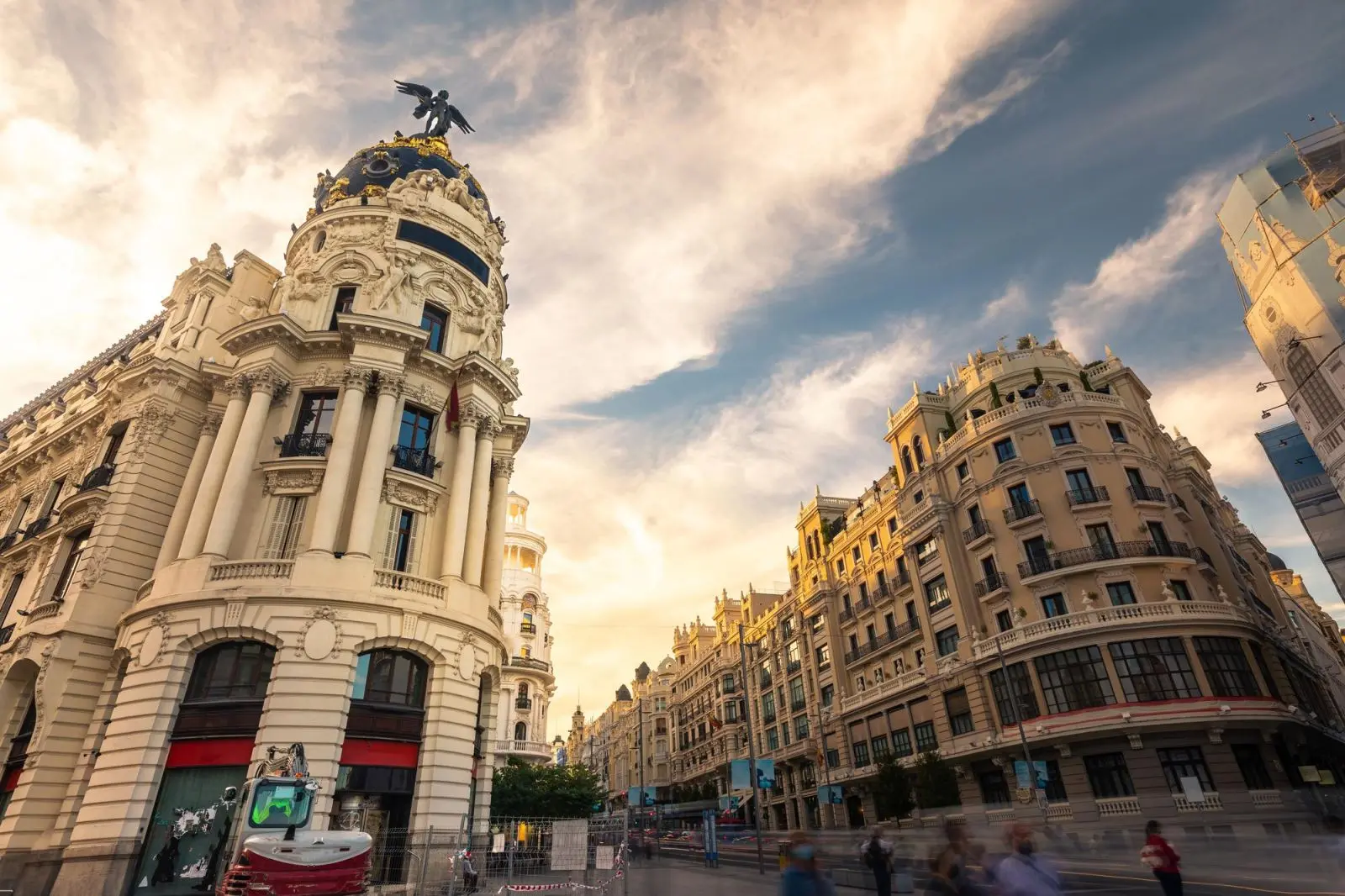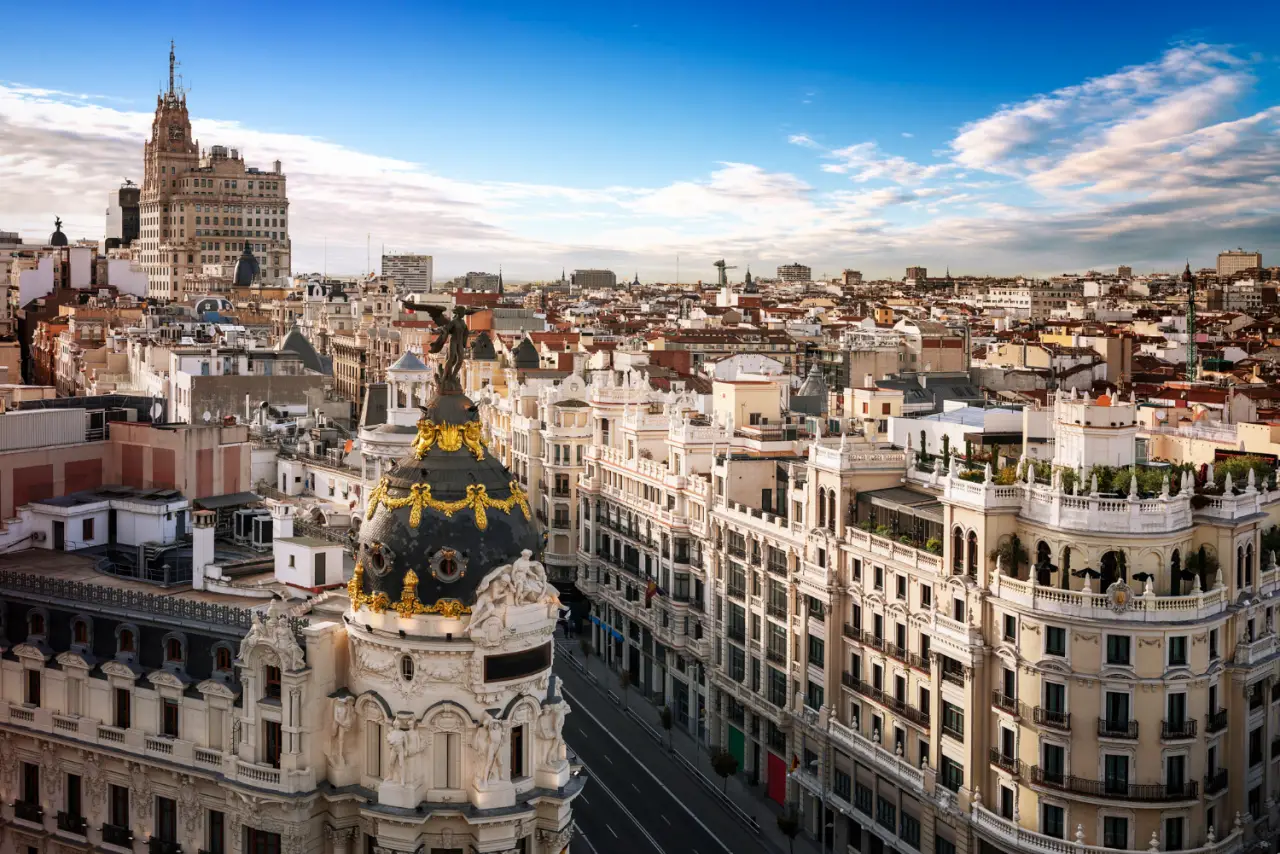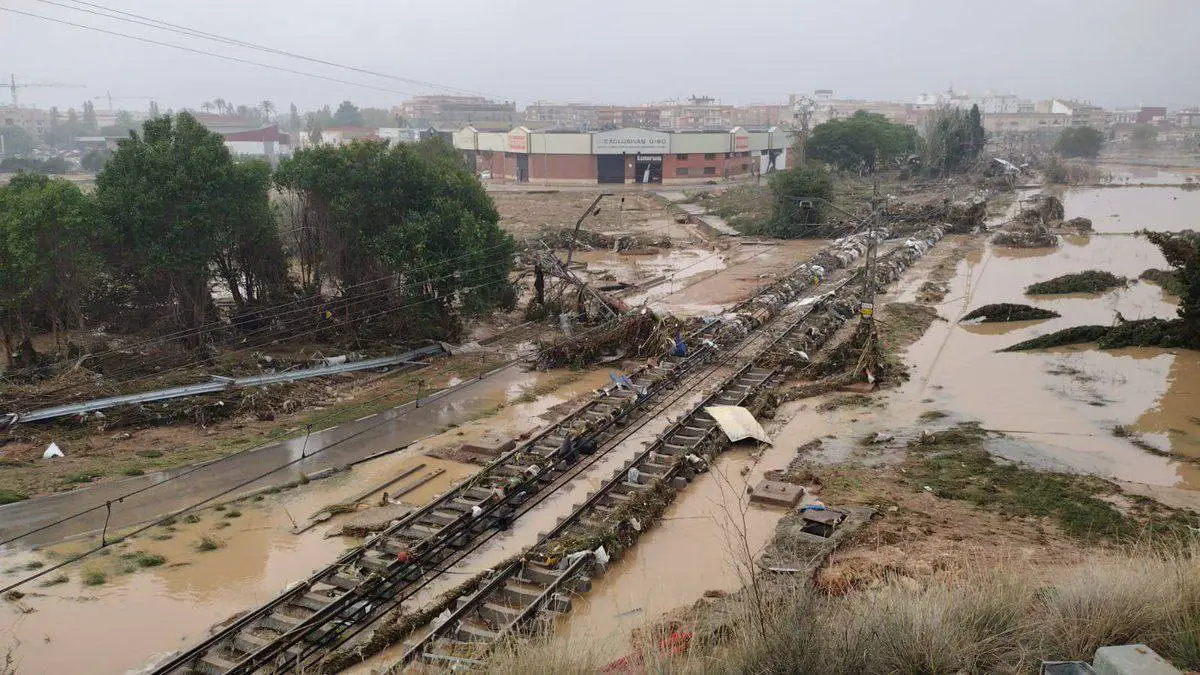Tourism professionals come together at a workshop at the Mandarin Oriental Ritz, Madrid to set a solid and harmonious context for Madrid’s luxury tourism strategy for the coming months and years.
Attended by a cross-section of management from the Spanish capital’s five-star hotels, retail and receptive tour operators, the highly interactive day-long workshop included speakers on vital topics: Madrid Tourism Board, Director, Hector Coronel; Almont Global, Co-Founder and Director, Richard Barnes; Condé Nast Traveller, Sustainability Editor, Juliet Kinsman; Almont Global, Co-Founder and CEO, Yuriy Horovyy; Barton Consulting CEO, Winston Chesterfield; Nanook Agency, CEO, Carlos Granda; Forbes Travel Guide, SVP, Chris Fraden; and Almont Global, Programme Director John Martin.
Hector Coronel outlined the Strategic Tourism Plan of the City of Madrid 2020–2023, to position the capital as a leader in urban tourism in Spain. The strategy derived from the economic and social situation marked by the pandemic, which forced authorities to rethink future tourism for the city and re-position and future-proof public perception. It includes, says Coronel, essential changes that destination Madrid must face: the need for digital transformation and high-impact tourism, which benefits the entire value chain. The roadmap also proposes a way of traveling that considers more significant socio-economic and environmental responsibility.
World-leading museums, private galleries, compelling theatres, and cultural programming make Madrid a unique destination, emphasizes Coronel. Madrid is also experiencing a gastronomy revolution: “Renowned Spanish chefs are opening restaurants in Madrid, and international chefs are also eagerly arriving, such as Robuchon, for example.” Independent boutiques, luxury retail, and destination-distinct shopping also draw and delight discerning spenders.
The forward-thinking tourism board director explained that a special agreement had been drawn up — a first — between the regional administration of Madrid and the city council. For tourism, a €36 million strategic plan is in place to promote Madrid as a destination. As Coronel explained, this is the first time these administrations are working together in this way, aligning with the private sector. €15 million to be spent in the coming months, according to Coronel.
Almont Global co-founder and director Richard Barnes spoke of the importance of storytelling in creating a clear and strong brand narrative. “What makes people want to go to a place? How do you decide where to go on your holidays — and then act on this? How does the name of the destination make you feel? What does it stand for? Was it a picture of an especially compelling hotel? A mood, or a feeling conveyed? Its values? Its experiences? It might not be any of those things in isolation. It’s a combination. To convert this into bookings, there needs to be storytelling. It’s not just telling one story once. Stories need to be repeated, to build on the story you’ve already heard or had your imagination captured by. It needs to make you feel something.”
Sustainability Editor at Condé Nast Traveller, founding editor of Mr & Mrs Smith, author of Louis Vuitton City Guides, Juliet Kinsman, underscored that less people, spending more money, can be the picture of sustainable luxury travel. “Bringing high-net-worth travelers to Madrid is a positive step in the right direction as it’s the antidote to overtourism at a mass-market level — particularly if you navigate them to locally-owned businesses. Wealth distribution is sustainability, when supporting local communities and Spanish brands in Madrid.”
What separates the elite billionaire consumer from the aspirational homeowner with big disposable income? Barton Consulting Group Founder Winston Chesterfield underlined how the ultra-wealthy view things differently: “They don’t see the Ritz as a luxury hotel. They simply see it as a hotel — their life is spent in these places. So-called ‘luxury’ purchases come from a practical mindset, rather than being considered ‘special’.
Emotional intelligence is key for Almont Global CEO, UHNWI Travel Advisor, Yuriy Horovyy. “It’s all about understanding people. Loyalty is very important in this kind of relationship — you can build trust over 20 years and you can also lose it overnight. To talk to these people, you need to understand their language. They’re human beings, too. But the way they think is slightly different. They value their time more than regular people.”
Forbes Travel Guide, SVP, Chris Fradin communicated that service excellence is at the heart of a solid high-end travel offering, more than ever. He said luxury is a feeling: “People want to feel cared for. “For us it might be: ‘I just want to be relieved of worry and stress.’ For HNWIs, it’s that sense of personalization, authenticity, genuine sense of hospitality and sense of connection.”
Iconic status awaits — that was clear from Madrid’s tourism authority demonstrating such dedication and commitment to the advancement and elevation of the tourism sector in the Spanish capital. Madrid is poised to be taken from “great” status to “iconic” for high-end and ultra-high-end travelers in the coming years. It has all the necessary ingredients and infrastructure — join the city in celebrating why it deserves to be in the number-one position for luxury travelers.

